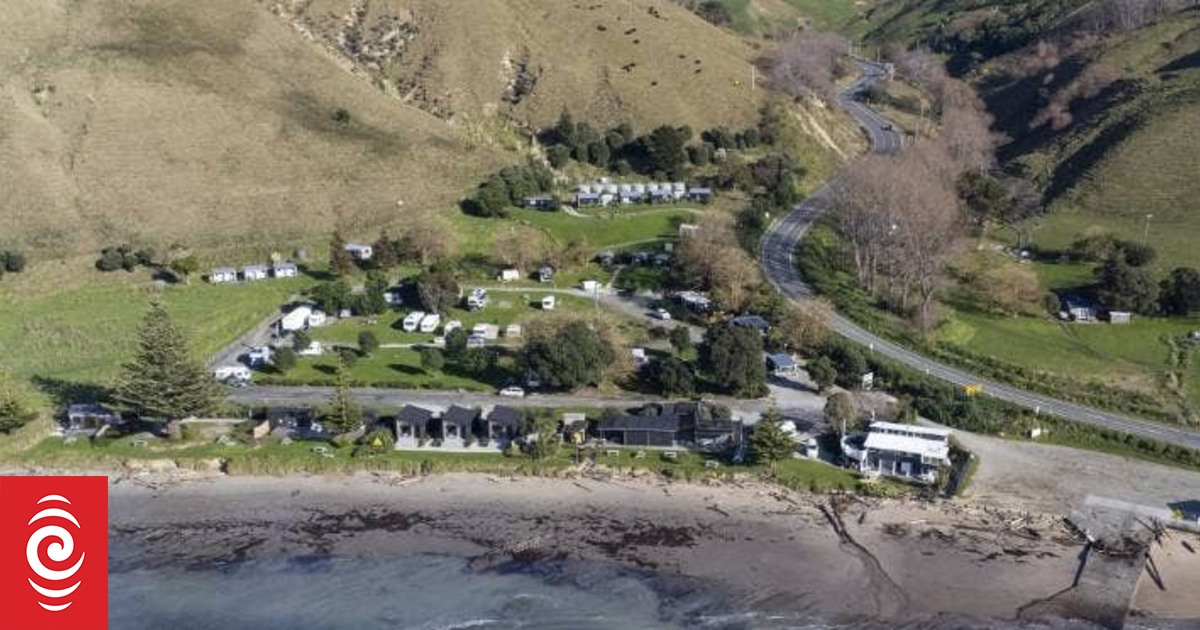The lawyer for the eldest children of Gina Rinehart has further detailed a rift between Australia’s richest woman and her mining magnate father in the years before his death.
Christopher Withers SC, representing John Hancock and Bianca Rinehart in the civil case against their billionaire mother, continued his opening statements before the Western Australian Supreme Court on Tuesday.
He revealed the extent to which a failing business deal, which he claims was derailed by Gina Rinehart, impacted an ailing Lang Hancock in the early 1990s.
“Lang was gravely ill at this point and had been fighting with Gina for years,” Mr Withers told the court.
“On many occasions he had asked Gina to stop her barrage of criticisms.”
Mr Withers cited a letter written by Mr Hancock to his daughter, dated April 7, 1989.
“Dear Gina … the [1988] arrangement itself is being executed, I would be pleased if you would leave me alone to live the rest of my life in peace,” the letter said.
This was around three years before Lang’s death in March, 1992.
Knowing his health was rapidly failing, Mr Hancock was keen on selling off Hancock Mining Ltd (HML), a branch of Hancock Prospecting Pro Ltd (HPPL), as well as a tenement known as McCamey’s Monster.
“Lang was eager to sell HML and McCamey’s as quickly as possible as he was very sick,” Mr Withers said.
The sale was “routine” until December of 1991, when Mr Withers told the court Ms Rinehart was behind a tip-off to BHP about a potential claim over the McCamey’s Monster lease.
“Lang was deeply upset the transaction with BHP was at risk, but he did not know Gina was behind it,” Mr Withers said.
The sale would eventually go through, with BHP buying McCamey’s Monster (now know as the Jimblebar Mine) in February 1992 – a month before Mr Hancock’s death.
“Lang was too ill to properly contribute to the discussion, Lang was not well enough to give instruction or sign documents,” Mr Withers told the court

Lang Hancock died at the age of 82 on March 27, 1992, from arteriosclerotic heart disease.
Gina Rinehart pushed for an inquest into his death, which was finally held in 2001, in which arguments suggested Mr Hancock had been nagged to death by constant fighting with then-wife Rose Porteous.
The inquest ruled Mr Hancock had died of natural causes, and Ms Porteous took Ms Rinehart to court over the $2.7m legal bill, which was settled out of court in 2003.
The ongoing civil case against Ms Rinehart is into its fourth week, as a number of entities try to stake a claim in mining royalties from six Pilbara tenements collectively known as Hope Downs.
Bianca Rinehart, the eldest daughter of Gina Rinehart, appeared in person on Monday and Tuesday.
Mr Withers concluded Tuesday’s proceedings by alleging Gina Rinehart controlled HPPL executives in the wake of her father’s death.
“HPPL’s executives were answerable to Gina … lawyers that took instruction from Gina took some instructions from Gina which were questionable, and the intent of those instructions should have been obvious,” he told the court.

He also claimed there was “never a legitimate path followed” as Ms Rinehart allegedly moved shares between companies under the HPPL umbrella in order to keep them out of the family trust.
“There was a legitimate path for that: make a claim, go to court … allow that to go to a contested hearing, allow there to be an adjudication as to who owned those tenements, allow there to be an adjudication over who owned those shares … but that did not happen,” Mr Withers said.
“She decided that she wanted to get those shares. We know she wanted that, we know she was pressuring Lang for those shares, we know she wouldn’t take no for an answer … and she achieved it.”
Mr Withers started his opening statements on Monday, in which he detailed Lang Hancock dumping Gina Rinehart as a director of HPPL after trying to have Ms Porteous deported.
The Philippines-born Ms Porteous worked as a maid for Mr Hancock in the mid-1980s, shortly after the death of Ms Rinehart’s mother Hope Hancock in 1983, with the two starting a relationship before marrying in 1985.
The court heard evidence Ms Rinehart had constantly slurred Ms Porteous, calling her an “oriental concubine” and a “prostitute.”
Mr Withers told the court they believe this is the reason Ms Rinehart was removed as a HPPL director.
HPPL’s legal team last week argued Ms Rinehart was removed by Lang so she wouldn’t know about the movement of assets in regards to the trust.
Mr Withers continues his address on Wednesday.



















Discussion about this post